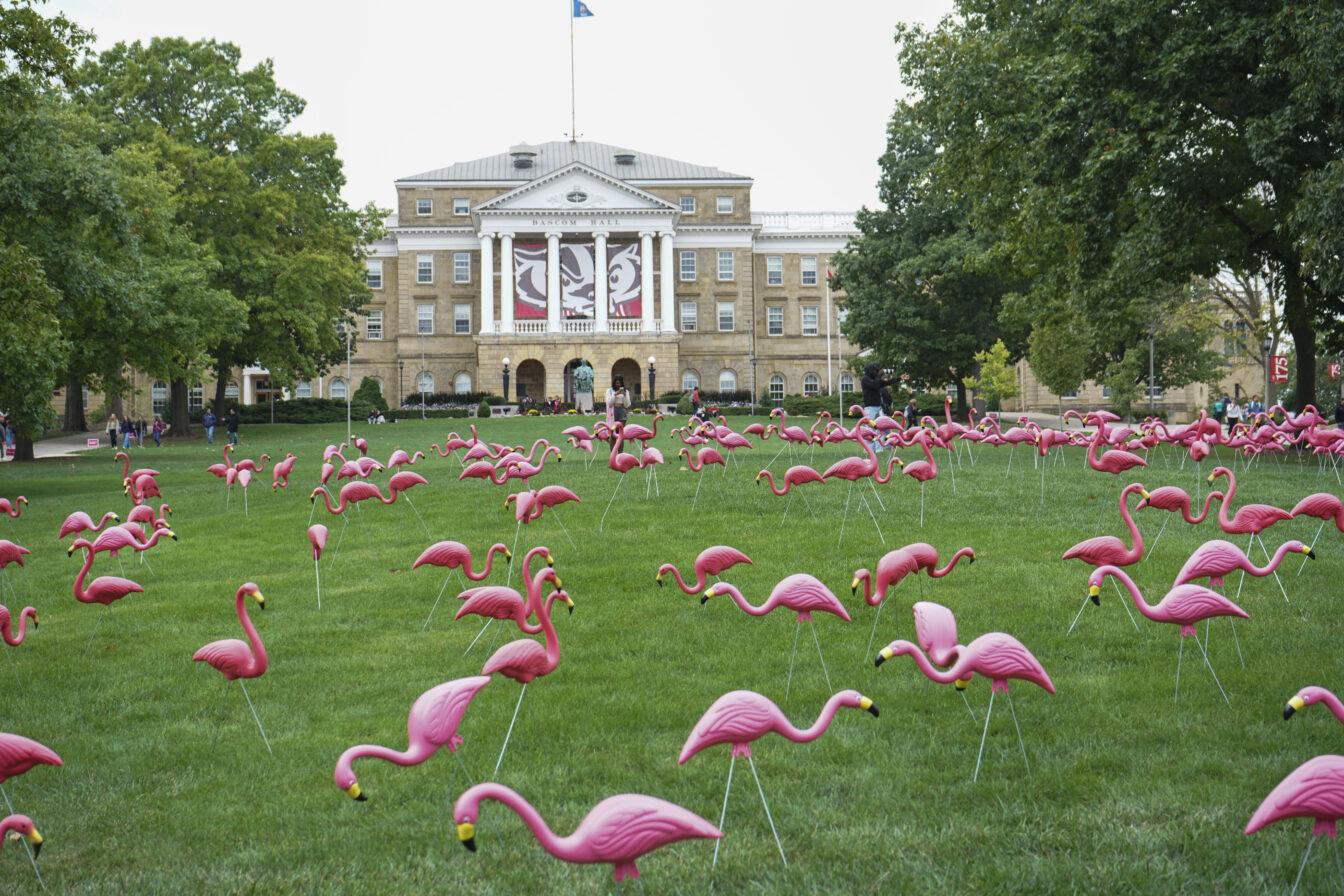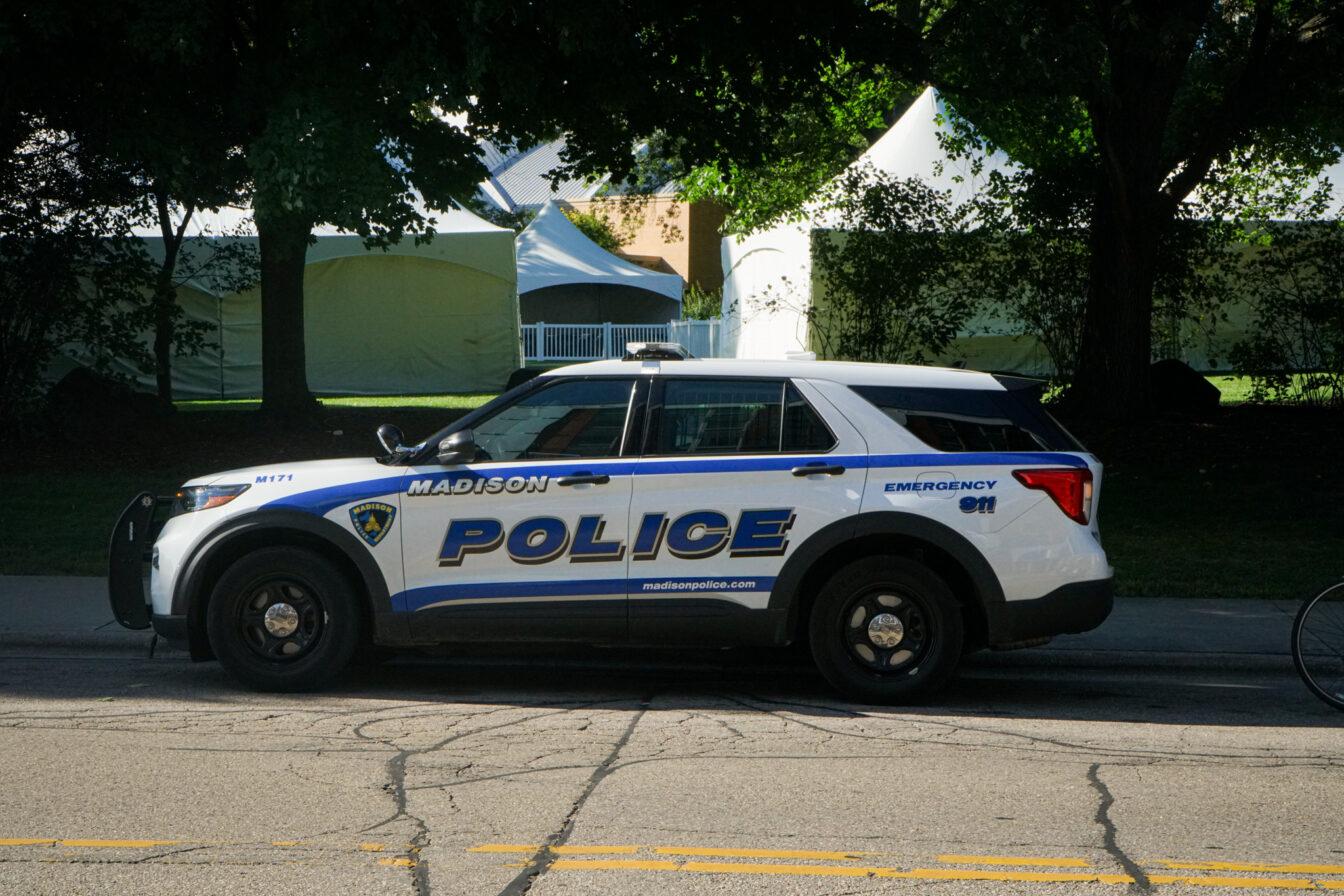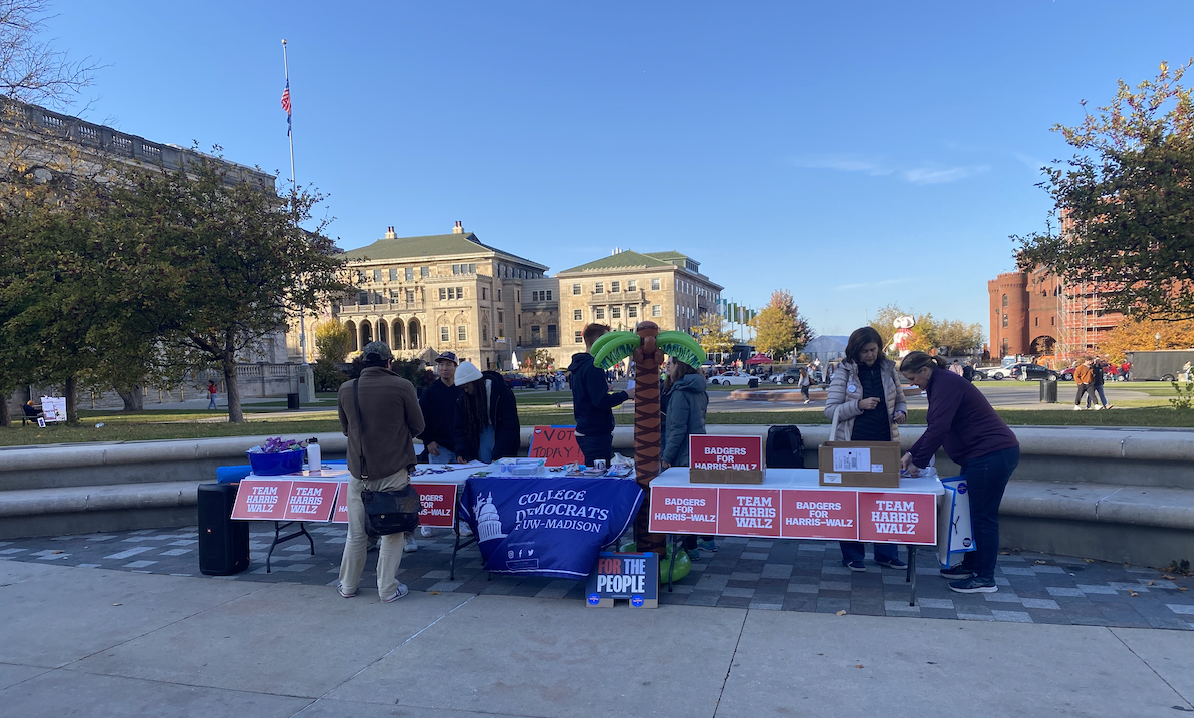CAPE TOWN (REUTERS) — South Africa’s Sesame Street community welcomed a fluffy five-year-old orphan living with HIV Tuesday in the government’s latest effort to stem the AIDS pandemic ravaging the country and the continent.
Education Minister Kader Asmal was the first outsider to hug Kami, a lively bear-like Muppet with a passion for nature, after her public debut at Cape Town’s Groote Schuur Hospital, the only one in the country offering drug therapy for children with AIDS.
Guests saw a snippet of the first show, in which Kami is invited to join the familiar Sesame Street characters at play.
“You’re beautiful,” says Zikwe, the big, blue, gravely-voiced kingpin of the show.
Asmal said the character, rejected last year as a member of the original U.S. Sesame Street community, would join the local Takalani Sesame from Sept. 30 to help children infected with or affected by HIV/AIDS to understand the disease.
Takalani means “be happy” in the local Venda language, and Kami’s name is derived from the Tswana word for “acceptance.”
“Sesame Street” is a preschool television show based on the popular Muppets series and designed to help children prepare for school.
“Education is the only socially acceptable vaccine available to our people and represents our only hope to save our nation,” Asmal said in an address to funders and partners in the project.
“We can’t continue to have HIV-positive children isolated, demonized, victimized. We want to make all of our children feel comfortable,” he said.
The United Nations estimates 2.3 million people died of AIDS-related illnesses in Africa last year, leaving hundreds of thousands of children orphaned.
It estimates 28.1 million of the 40 million people living with HIV/AIDS are in Africa and 4.8 million are in South Africa, where one in nine people is infected.
Local AIDS activists say South African president Thabo Mbeki has undermined the campaign against the disease by questioning the link between HIV and AIDS.
The state unsuccessfully fought demands for drugs to limit mother-to-child transmission to the country’s highest court.
Drugs to control the disease are freely available to those with medical insurance, but there is no state-funded anti-retroviral program for adults or children living with HIV-AIDS.
The state-owned Groote Schuur hospital runs a foreign-funded pilot program treating children with AIDS.
Yvonne Kgame, general manager for education at the state-owned South African Broadcasting Corp, said HIV/AIDS would become part of the environment of the television show, but not its focus.
Kami would explain that she was born with HIV and that she has no parents but lives with a loving foster mother, Kgame said.







